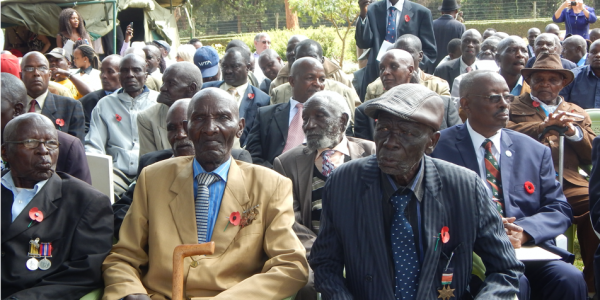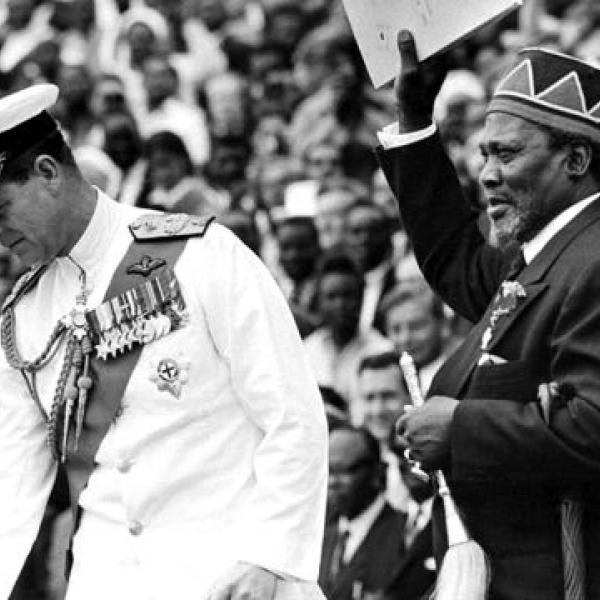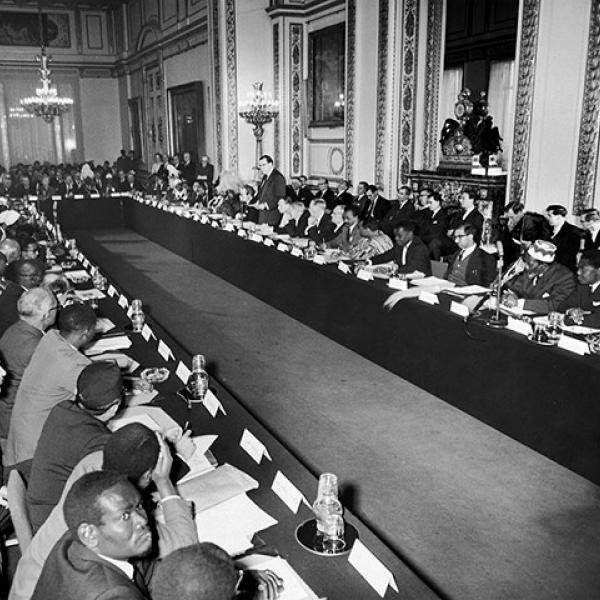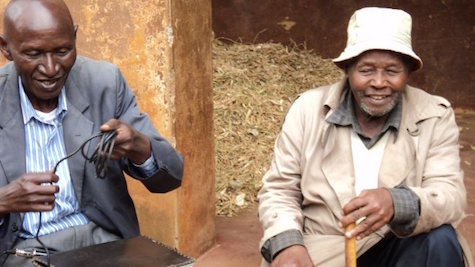The AFAS Oral History Project
The recollections of ordinary African women and men are often the best, and often the only, historical sources for much of twentieth-century African history. Unfortunately, however, we are losing members of these past generations far too quickly. The people with viable memories of the transfer of power in the 1960s are now, at minimum, over sixty and surviving members of the founding generation of African nationalists are far older. It is therefore essential that we record and preserve the memories and life histories of these people while we still can. Imagine what American historians could learn if they were able to interview the founding fathers (and mothers) of the United States a half century later in 1826?
Mindful of these possibilities, Washington University’s Department of African and African American Studies is undertaking an African oral history project. This collaboration between WU faculty, graduate students and undergraduates and the people who lived through these important historical eras is creating a unique historical record that offers new perspectives on African history while helping individual informants better preserve their own life stories for themselves and their descendants. In addition to this “service to the community” (both in St. Louis and in Africa), the project gives WU students training and firsthand experience in oral history methodologies, and the resulting data serves as the basis for original scholarship including senior theses, dissertations, and collaborative faculty publications.




